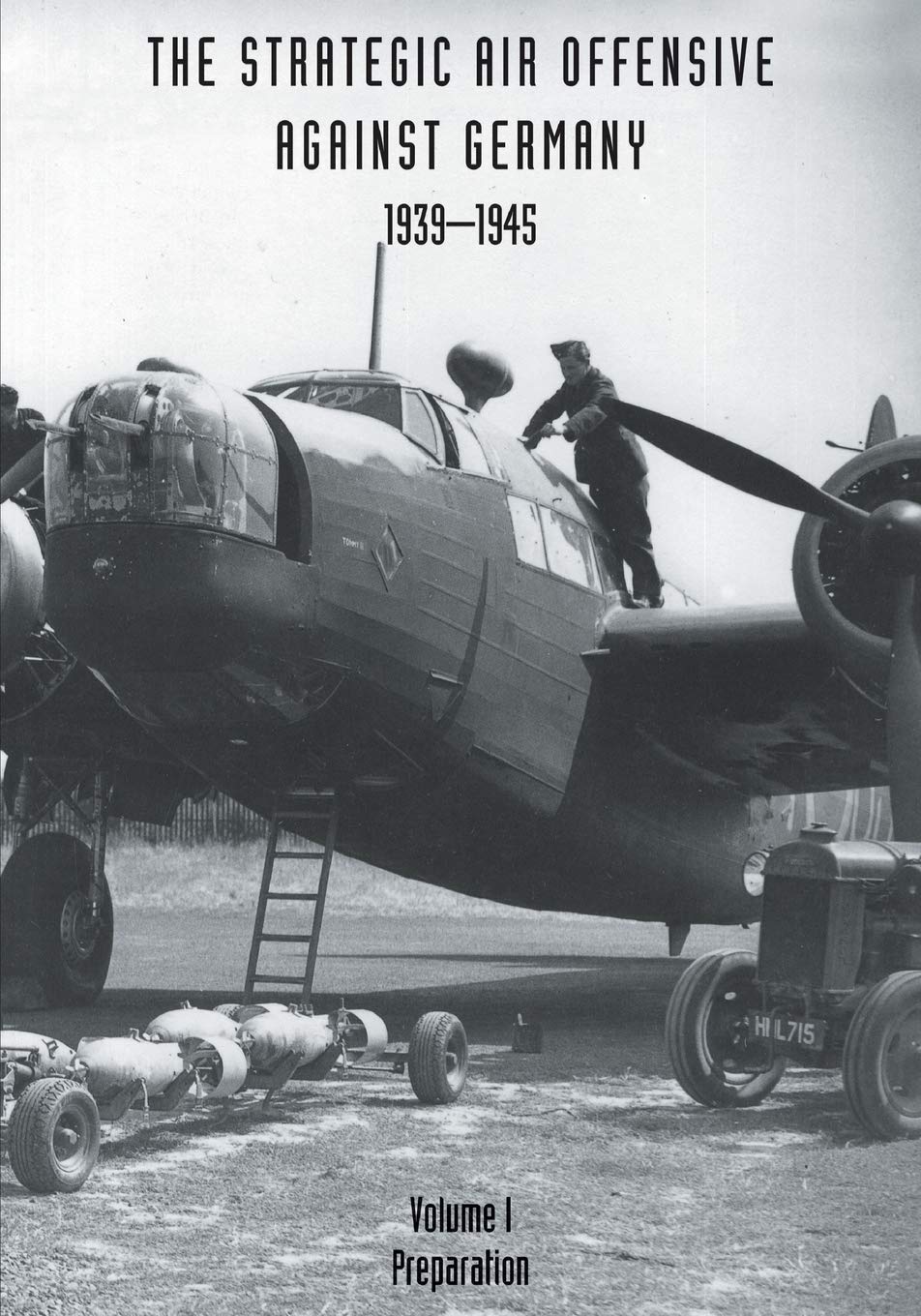IN MANY A STRIFE, GENERAL GERALD C. THOMAS AND THE US MARINE CORPS, 1917-1956
by Allan R. Millet
This is a first-rate study of the life of one of a cadre of Marine officers who made the US Marine Corps a fourth service. At one level it is a wonderful study of the life of a brilliant staff officer and commander. But at another level it is an insightful study into what at its heart the profession of arms has come to represent. It is the finest piece of military history that Millett has written in his long and productive career.

THE WIZARD WAR: BRITISH SCIENTIFIC INTELLIGENCE, 1939–1945
by R. V. Jones
R. V. Jones was a young scientist at the beginning of the Second World War who became the head of Britain’s effort in scientific intelligence. His memoir is a brilliant piece of writing and analysis that brings a deep understanding of the development of wartime science and the business of intelligence to the reader. In the end, Jones contribution to the winning of the war ranks only slightly below that of Churchill’s, and yet his telling of his contribution is modest and self-effacing throughout. In every respect this is a wonderful book.
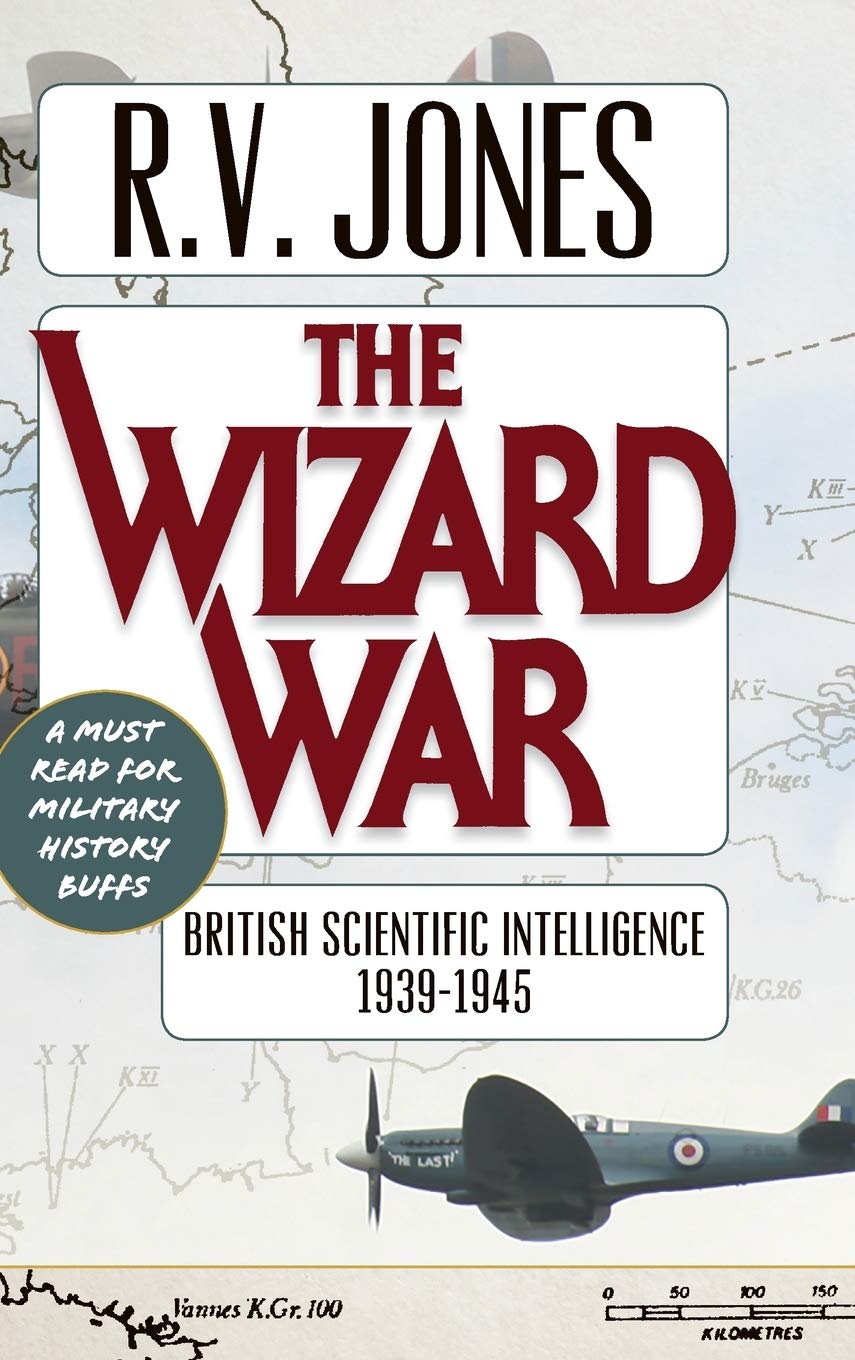
MUSSOLINI UNLEASHED, POLITICS AND STRATEGY IN FASCIST ITALY’S LAST WAR
by MacGregor Knox
In this extraordinary study of Mussolini, MacGregor Knox lays bare the extraordinary details of the incompetence of Italy’s military institutions that sacrificed the lives of innumerable brave Italians in the Second World War. It also entirely destroys the myth that Italy’s entrance into the war was foisted on an unwilling Italian people by Mussolini. For readers who want to understand why the military institutions of the Third World have so often collapsed on the battlefield before the institutions of the First World, this is an enlightening study.
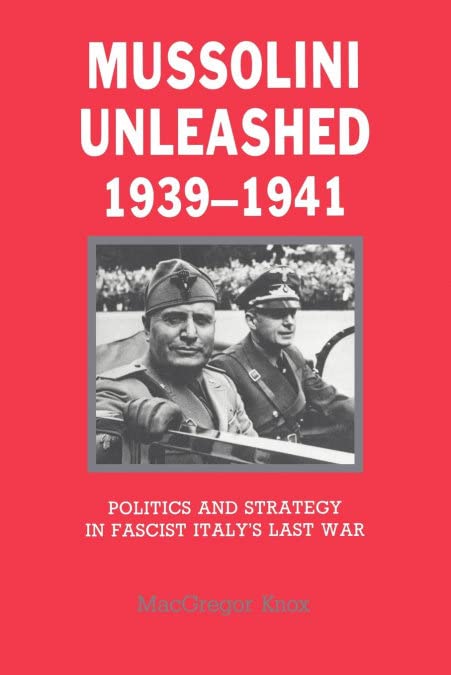
A WORLD AT ARMS, A GLOBAL HISTORY OF WORLD WAR II
by Gerhard Weinberg
This political and strategic history of the Second World War stands as a monument to brilliant scholarship that has made Weinberg the greatest historian of the Second World War. Quite simply, no historian in the future is likely to master the documentary evidence to the extent that Weinberg has managed to do. While the length of the work may intimidate many readers (along with the extraordinary footnotes), the book presents the most balanced account of the war yet written. A World at Arms is solidly written, but it is the mastery of the details and of the complexity of the war at every level that makes this such an outstanding work of history.
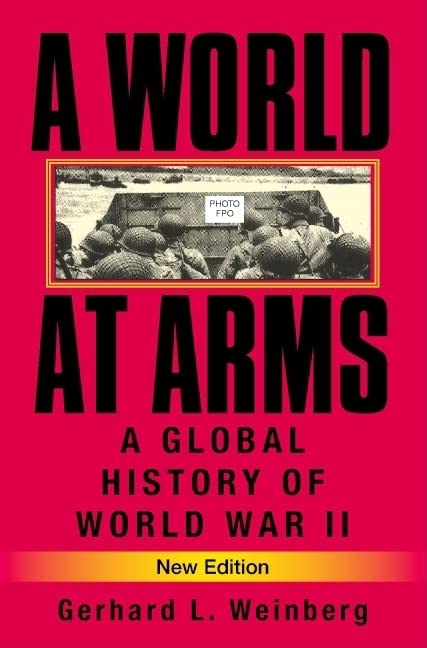
GRAND STRATEGY, VOL. 4, AUGUST 1942–AUGUST 1943: HISTORY OF THE SECOND WORLD WAR
by Michael Howard
Rarely does official history rise above a standard of average. In this case Michael Howard has not only written the definitive history of British grand strategy in the crucial period between 1942 and 1943, but he has done so with style and panache. Where by its very nature official history tends to be partisan in attributing most errors to Allies, Howard is scrupulously fair in his treatment of the American side of the story.
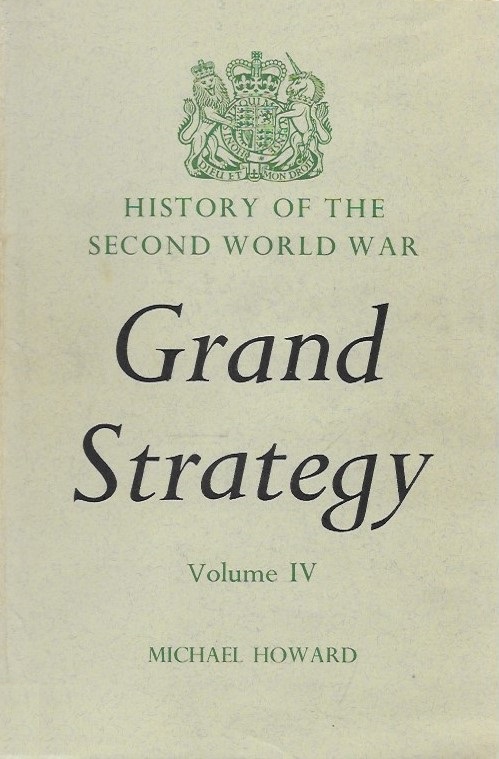
THE STRATEGIC AIR OFFENSIVE AGAINST GERMANY
by Sir Charles Webster and Noble Frankland
As with Michael Howard’s official history of the Mediterranean Theater in 1942 and 1943 (Grand Strategy), Webster and Frankland have written brilliant piece of official history in their account of Bomber Command’s valiant but fundamentally flawed conduct of its bombing offensive against Germany. When it was published in the early 1960s, it raised the hackles of airmen for the rigorous standards of truth with which it told its story. This is superb military history, and while its length may be intimidating, it reads easily and well with extraordinary analytic power. No one can call himself a student of air power unless they have read the three volumes in this history.
